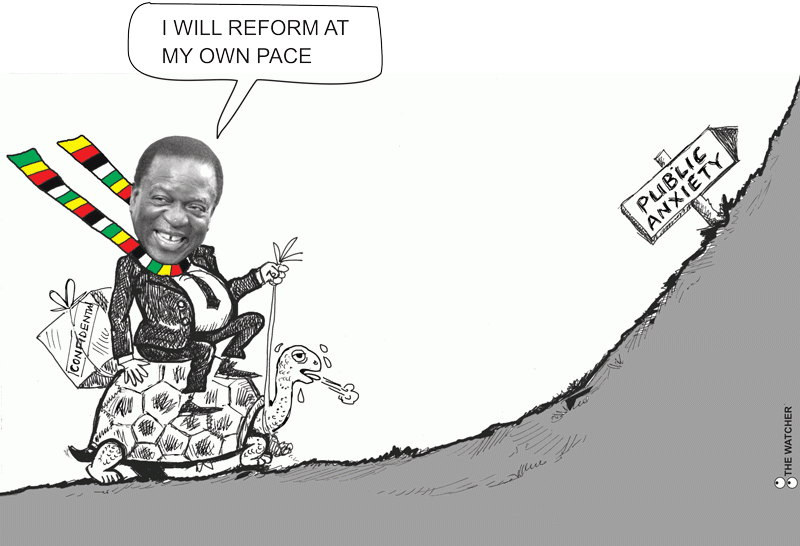
DISAPPOINTMENT is a natural part of life.
We all experience it at one point or another, whether it is related to a personal goal, a relationship or a situation that did not turn out as expected.
While it is normal to feel let down, disappointment can be a heavy burden to carry if we are not equipped with the right coping mechanisms.
In this article, we will explore the concept of disappointment, its effects on our mental and emotional well-being and provide practical tips on how to deal with it.
Disappointment is a feeling of sadness, regret or frustration that arises when our expectations are unmet.
It can be a minor letdown such as failing to meet a deadline or failing a test, or a major setback, like experiencing a break-up or losing a loved one.
The key characteristic of disappointment is the gap between expectations and reality.
When we are disappointed, we often feel like we have been treated unfairly.
Disappointment can have a significant impact on our mental and emotional well-being.
When we are disappointed, we may experience feelings of sadness, frustration, anger, helplessness, hopelessness, low self-esteem, anxiety or fear.
Prolonged disappointment can lead to physical symptoms such as headaches, insomnia, fatigue, digestive issues and muscle tension.
It is, therefore, critical for us to deal with disappointment in a healthy way.
This requires a combination of self-awareness, emotional regulation and coping strategies.
Here are some tips to help you navigate the difficult emotions that come with disappointment:
Acknowledge your feelings
Recognise that your feelings are valid and give yourself permission to feel them.
Avoid suppressing your emotions, as this can lead to further distress and negative outcomes.
As you go through your emotions, remember that you do not always have to act upon them, especially if they will produce negative repercussions.
Identify your expectations
Reflect on what you expected to happen and why. Were your expectations realistic?
Were there any unrealistic assumptions or biases at play?
Warren Buffet, the American billionaire executive, investor and philanthropist said: “The secret to happiness is having low expectations.”
This does not mean we should completely abandon our expectations of self, but rather those we assume on others.
Practise self-compassion and focus on the present
Treat yourself with kindness and understanding, just as you would a close friend who was going through a similar experience.
Remind yourself that everyone experiences disappointment at some point.
Instead of dwelling on what could have been, focus on what you can control in the present moment.
Take small steps towards moving forward and making positive changes.
Reframe your perspective by practising mindfulness
Challenge negative thoughts by reframing them in a more positive or neutral light.
For example, instead of thinking “I’ll never find someone who loves me”, reframe it as “I’m still open to new experiences and connections”.
Mindfulness techniques can help you to stay present and focused on the present moment, reducing feelings of rumination and regret.
Practise gratitude
Reflect on the things you are grateful for in your life, no matter how small they may seem.
Focusing on the positive can help to shift your perspective and reduce feelings of disappointment.
Remember that you did the best you could with the resources you had at the time.
Forgive yourself for any perceived shortcomings or mistakes and be thankful for what you have.
Disappointment is an inevitable part of life, but it does not have to define our experiences or dictate our emotions.
By acknowledging our feelings, identifying our expectations and practising self-compassion, we can begin to heal and move forward.
Remember that it is okay to feel disappointed, it is a natural response to unmet expectations.
We can learn to navigate disappointment with great ease and resilience.
So the next time you are faced with disappointment, take a deep breath and remember that it is an opportunity to grow and learn from your experiences.
With time, patience and practice, you can transform your disappointment into a catalyst for positive change and growth.
- Rutendo Kureya is a medical student at Saint Petersburg State Paediatric Medical University, Russia. She is passionate about issues concerning the state and welfare of fellow Zimbabweans. She can be reached at [email protected]. Mobile: +7 996 274 98 66 Facebook: Rutendo Kureya. She writes here in her personal capacity.







